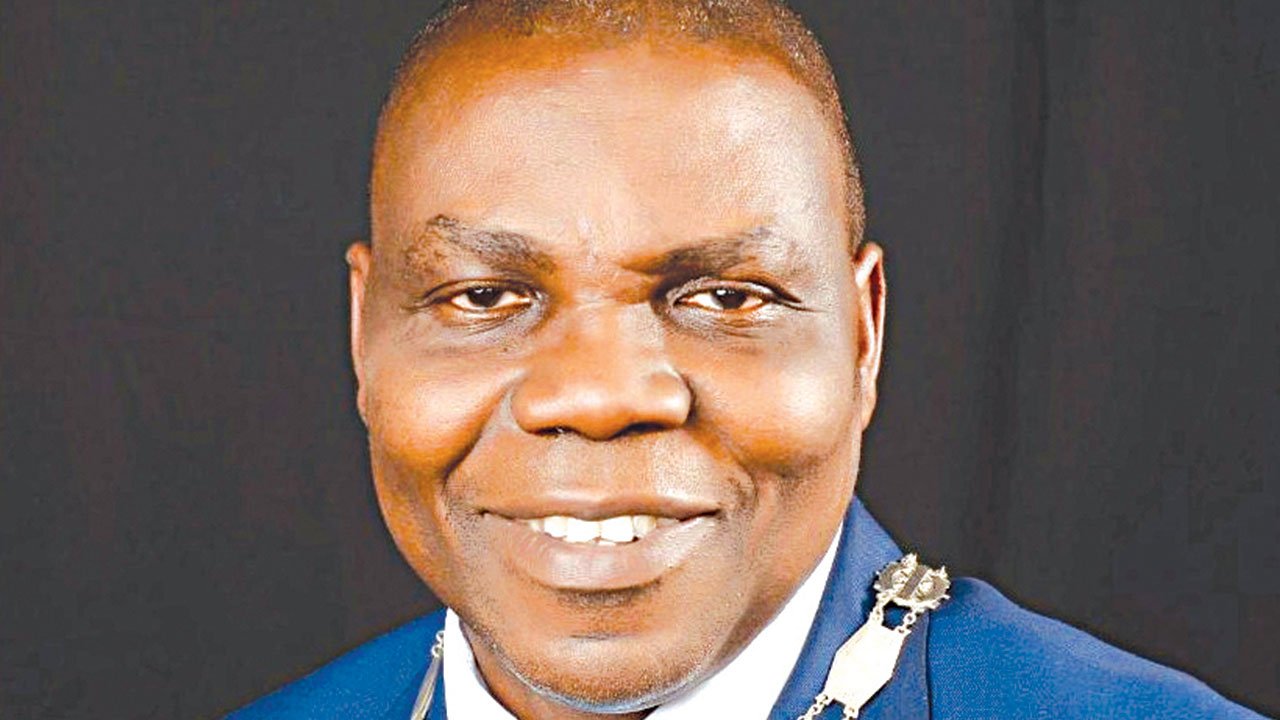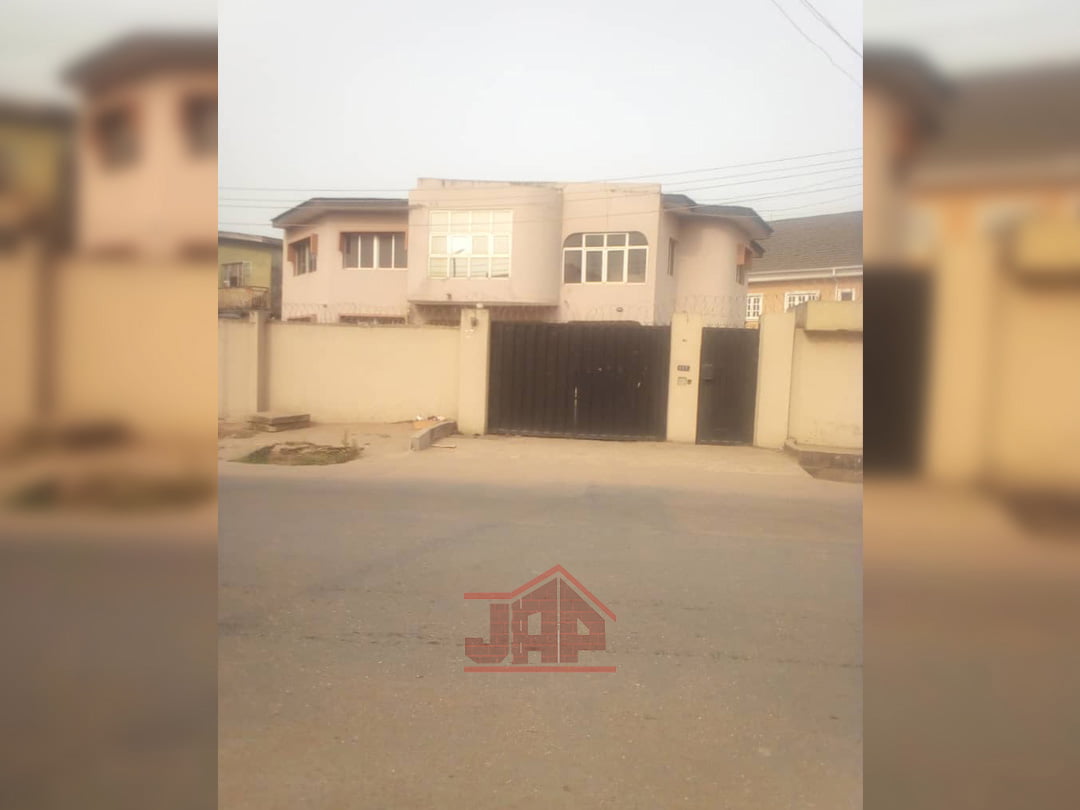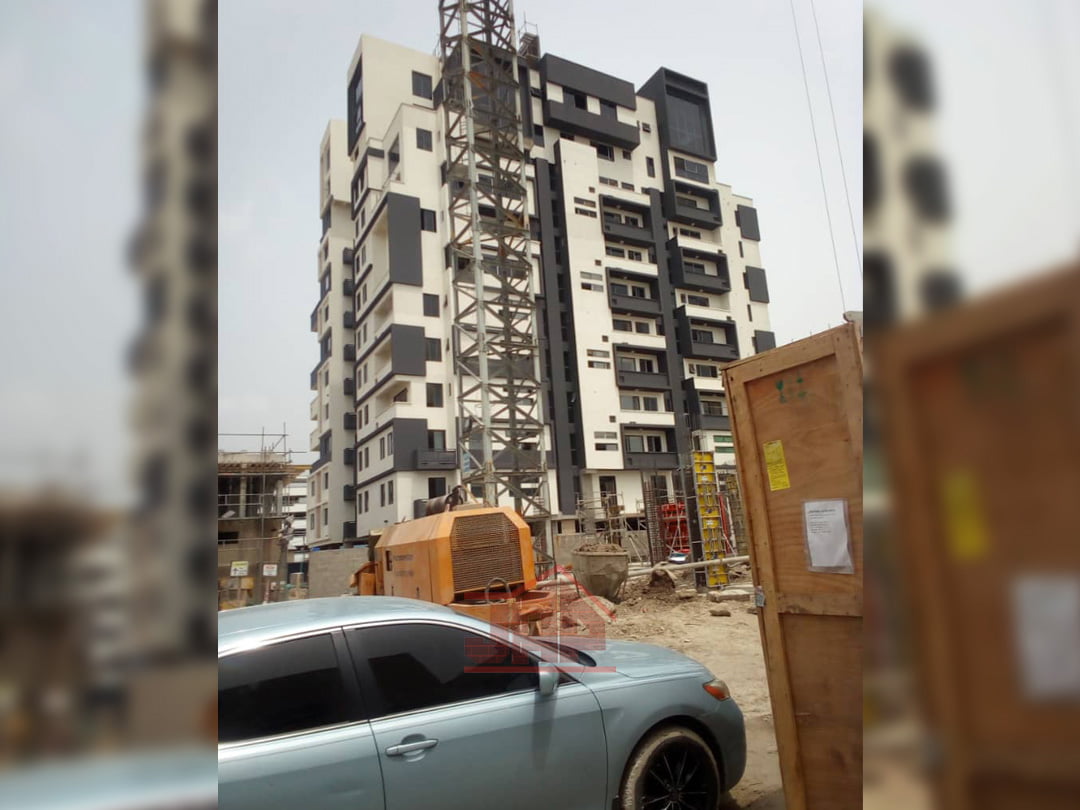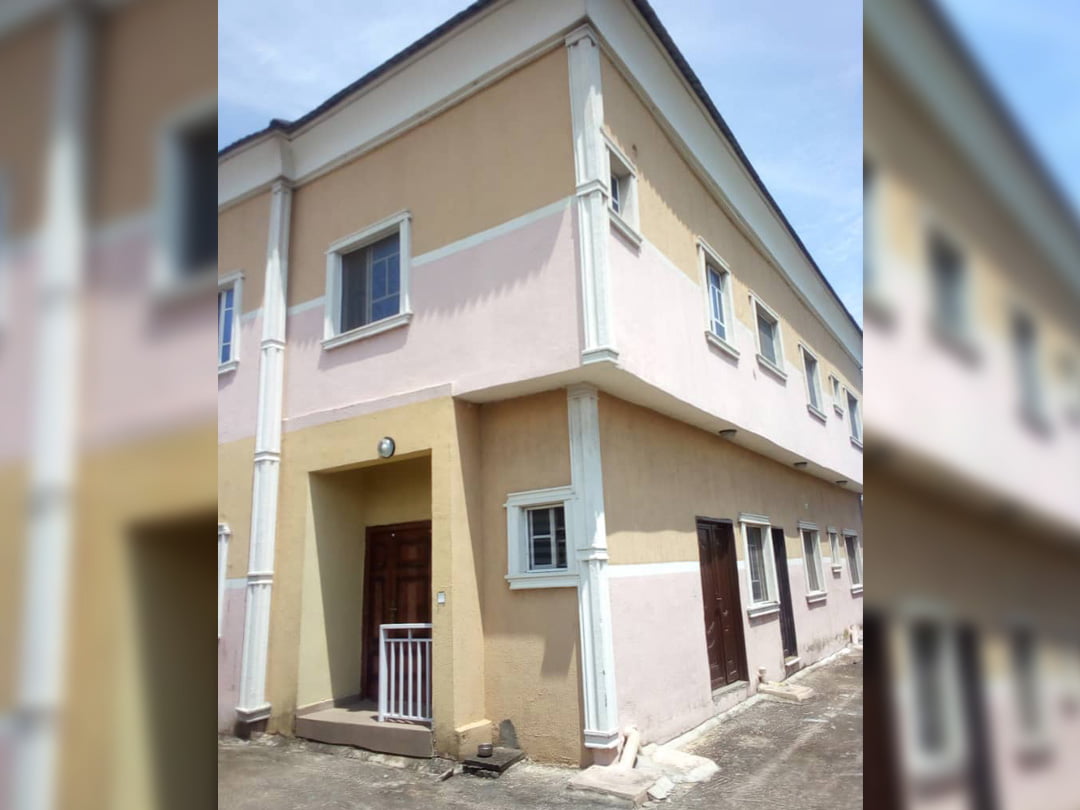Dr. Bolarinde Patunola Ajayi is the president, Nigerian Institution of Estate Surveyors and Valuers (NIESV) and the principal partner, J. Ajayi Patunola & Co, a firm of estate surveyors & facility mangers. In this interview with OKWY IROEGBU-CHIKEZIE, he proffers solution on how the nation can get out of the recession, among other issues. Excerpts:
What are the Nigerian Institution of Estate Surveyors & Valuers (NIESV) suggestions on how Nigeria can exit the recession?
The real estate and construction sector can take Nigeria out of economic doldrums if we consider it for what it is – land resources including all things above and below it. If we apply land economics to the management of resources, we will consider those things that are attached to land that can help the nation out of recession. For instance, if you look at property investment, there are some areas of the property industry that if we put money into, it is likely to revitalise the economy. Infrastructure and construction development as a result of its many linkages is a huge employment generator as it involves consultants, artisans, suppliers and food vendors in its long chain. It is therefore imperative for the government to examine this sector and see how it can use available funds to put infrastructure in place; infrastructure provision is very key and that’s what can take us out of the current challenge.
What kind of infrastructure construction are you recommending?
At this time I will not advise that the government embark on housing construction in highbrow areas, but in the poor-to-medium income areas. It should be noted that housing for this level of people is not what you bring to the private sector that is mainly profit driven. The project ideally should be driven by the government and l will recommend that it should not be made a-pay-and-buy option but rather a-rent-to-own option.
In Lagos, for instance, if the government builds 50 units of one and two-bedroom flats in Agege, within a month, the flats will be taken off the market. Not only will those who are engaged in the construction be gainfully employed but the government would have taken people out of the streets with the ugly effects of recession contained. If this is replicated in most of the local governments in Lagos, before long a major social problem would have been taken care off. Unfortunately, the government makes the mistake of not even auditing the housing needs of the people before going ahead to build; albeit, in most cases, luxury flats that are out of the reach of those who actually need accommodation.
How can the government develop programmes that will be all-inclusive?
The public will be surprised to learn that agricultural investment is part of real estate because if we evaluate land resources, we will discover that products will come to the market, people will have enough to eat, and less demand for imported goods.
If, indeed, the government wants to embark on projects that will affect the majority of the people, it will never do anything without considering the real estate. In addition, massive provision of infrastructure is also key to tackling recession as infrastructure upgrade and construction will aid in transforming the nation. For instance, if you go to Dubai or Singapore, the major industry there is real estate. So why can’t we start in Nigeria and see how we can use real estate to solve our problems.
There are calls for the sale of national assets. What is your take?
The question is why did the government come up with the idea to sell assets? As a nation we don’t even have enough assets, so why should we contemplate selling the little we have? I expect the government to find out ways we can develop the assets and make them work for us as a nation. If the assets are eventually sold, have we thought of what we want to do with the proceeds? In an ideal situation the government should have said what it wanted to do with the proceeds first, then it can decide which asset will yield the needed fund. The only thing I have heard is that we want to sell to combat recession; but after recession, what else?
The person who brought up the idea should be properly advised that it is what they call half idea. As a matter of fact government should be advised that before they can bring such to the public court a list of what they want to sell and what they honestly want to use it to do should be disclosed.
NIESV was not invited to present our position on the matter. A valuer will state how much a particular asset is worth; carry out feasibility and viability studies of even surrounding assets to the one you want to sell or build. Unfortunately, none of these was done and the noise is everywhere of the need to raise money through asset sale. This project is dead on arrival and should be spoken against by all lovers of this country except the right things are done.
Estate Surveyors & Valuers have joined several international standard boards. What is the implication for the country?
No nation is an island and non can exist without relationship with others. All professional practices now have a global link where standards are set in terms of principles, practice, control and ethics. Our institution, NIESV, has decided to work with international organisations that insist on standards. For instance, currently, we have international ethics standard coalitions. We pride ourselves as the first African group to be a member of the body, presently our member is the only African on the board of this prestigious body. We are there so that our own practice will be competitive while meeting international practice standards.
NIESV is also a member of the International Property Measurement Standards and the International Valuation Standard Board. These bodies ensure that our practice is in tandem with best global practice. It is gratifying to note also that our member is a member of council of this exclusive body.
We are also in partnership with the International Financial Reporting Council and, locally, with the Financial Reporting Council. We believe these are the ways we can maintain national and international standards in the practice of estate surveying.
We are putting together our own standards book that will incorporate all the international bodies we have links with including the practice in United Kingdom, Australia, American Society of Appraisal Standards and New Zealand. This will enable us spell out how our members should practise the valuation profession.
The Federal Government plans to build 50,000 units of houses. How possible is it with the recession?
The idea is laudable; at the same time I would want the government to note that we have the resources in Nigeria to do this. We only need to harness our resources and tailor it to deliver on expected targets. For instance the idle Pension Fund and unclaimed dividends can be put together and used to invest in real estate; but like l advised earlier, it should be invested in real estate that will be taken immediately by the public so that the rental can be re-invested to produce more. This no doubt will not only stimulate the sector by creating jobs along the housing linkages but will also provide the needed decent accommodation in the lower to middle income strata where it is need most.
But, sadly, something very important has always been absent in our housing productions – maintenance of houses built. It is common knowledge that whenever a housing project is conceived we only hear talks of design, contract and construction, nobody seems to be bothered about its management. Therefore the need to have an Estate Surveyor and Valuer from the inception of any project cannot be over-emphasised.
I am advising the government that as they initiate the appointment of a contractor to undertake a particular project they should at the same time appoints an Estate Surveyor and Valuer who will not only manage, but also maintain the structure as it is required. Surveyors are trained to handle maintenance and facility management so when these things are not incorporated from inception it will always create problems in future.
Besides there should be research into materials, design, typology and the type of houses to build. Have we found out how many people we are building for? You would be surprised that in Lagos we don’t even know how many people we want to build for; even nationally we cannot give the correct figure of those in need of critical accommodation. We got independence since 1960 but unfortunately we can’t still provide National Identity card for all Nigerian, it can be safely said that we may not be sure of our population. It is therefore very important that we research and find out how many we are and how many require houses and the types.
Why do we have many vacant houses especially in the highbrow areas?
The recession is driving people away from high rentals to low rental and it will continue like that until recession stops. It has always been like that during boom where people move from low rental to high rental. This happens when people get promoted in their offices and with status change the taste also scale up. Currently the top in most offices and businesses are frozen up, people are losing their jobs, that is why high rentals are receding. Besides expatriates are no longer coming in to take up big luxurious houses. So we will continue to have a lot of empty houses in otherwise upscale areas until the recession recedes.
Can we say the Lagos tenancy law has been a success?
When you have a tenancy law, it is to force landlord to accept certain amount and at the same time ask tenants to perform its own obligations. When tenants perform their statutory obligations the landlord will not have problem and vice versa for the landlord. The major problem may not really be the rent but whether the tenant has the rent to pay because of the current state of his business or source of income. Rental payment is the function of availability, if the rent is not there, there will always be conflict, and cases in court. In some cases the landlord is also expecting to spend that money it may just be his retirement benefit. It boils down to the fact that the recession is the major cause of what we are talking about.
What is your take on the fight against corruption?
Corruption in all ramifications is bad, wherever it is found whether in the Judiciary, Executive, Legislative, places of worship or indeed in any aspect of our public life; it should be discouraged. Corruption is a major challenge in the country and care should be taken to uproot it wherever it is found. Sentiment should be removed if we must exterminate it from our public space.
http://thenationonlineng.net/real-estate-can-help-nigeria-overcome-recession/





Comments (0)